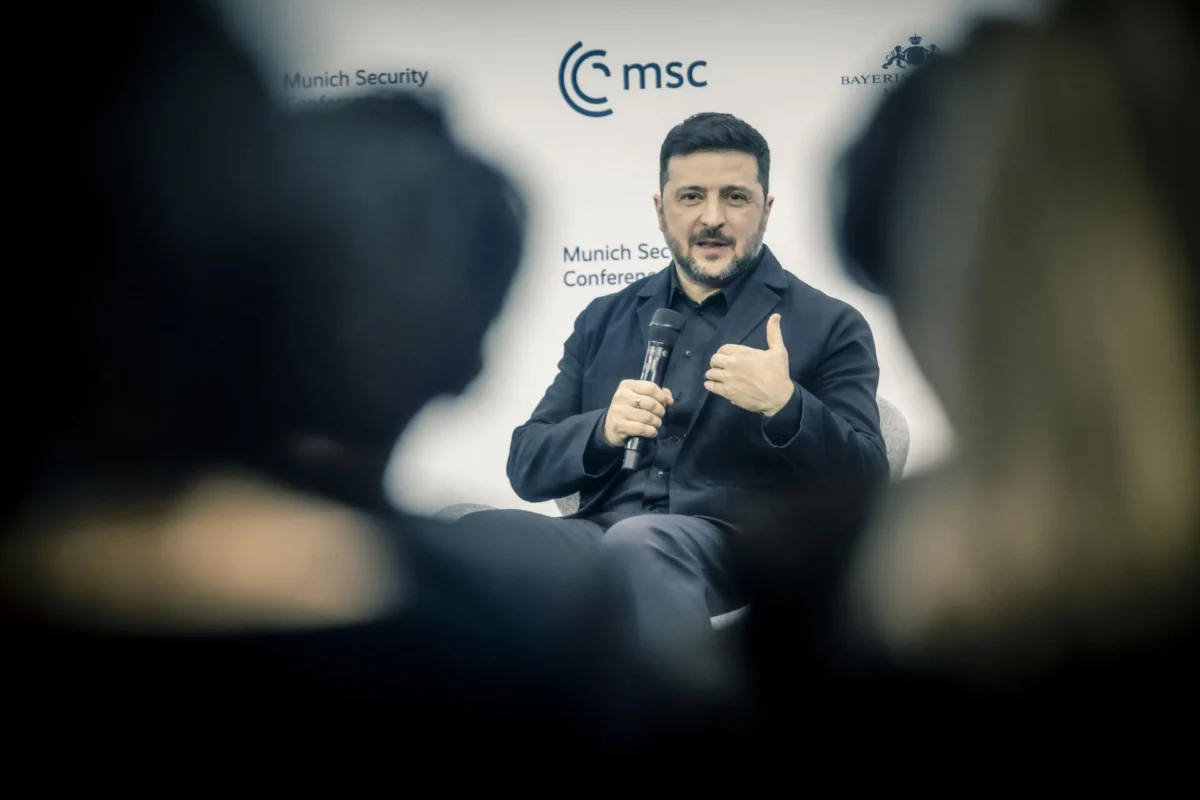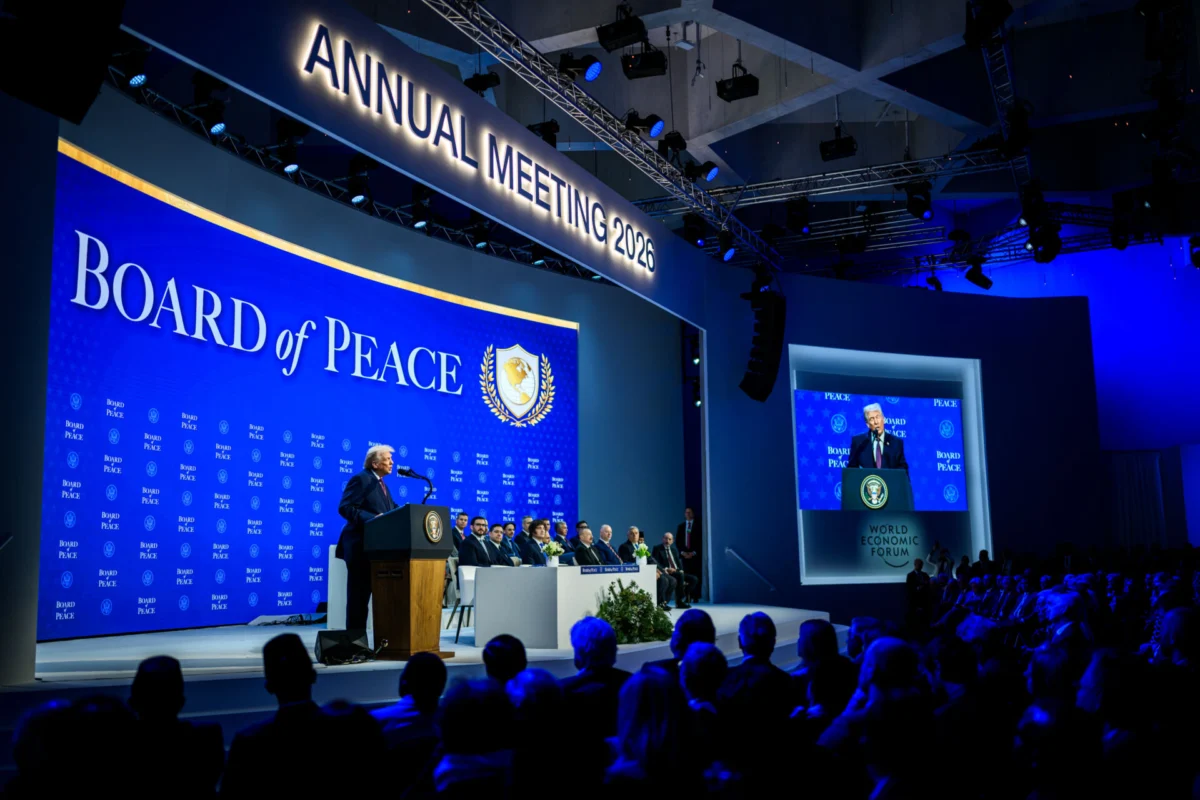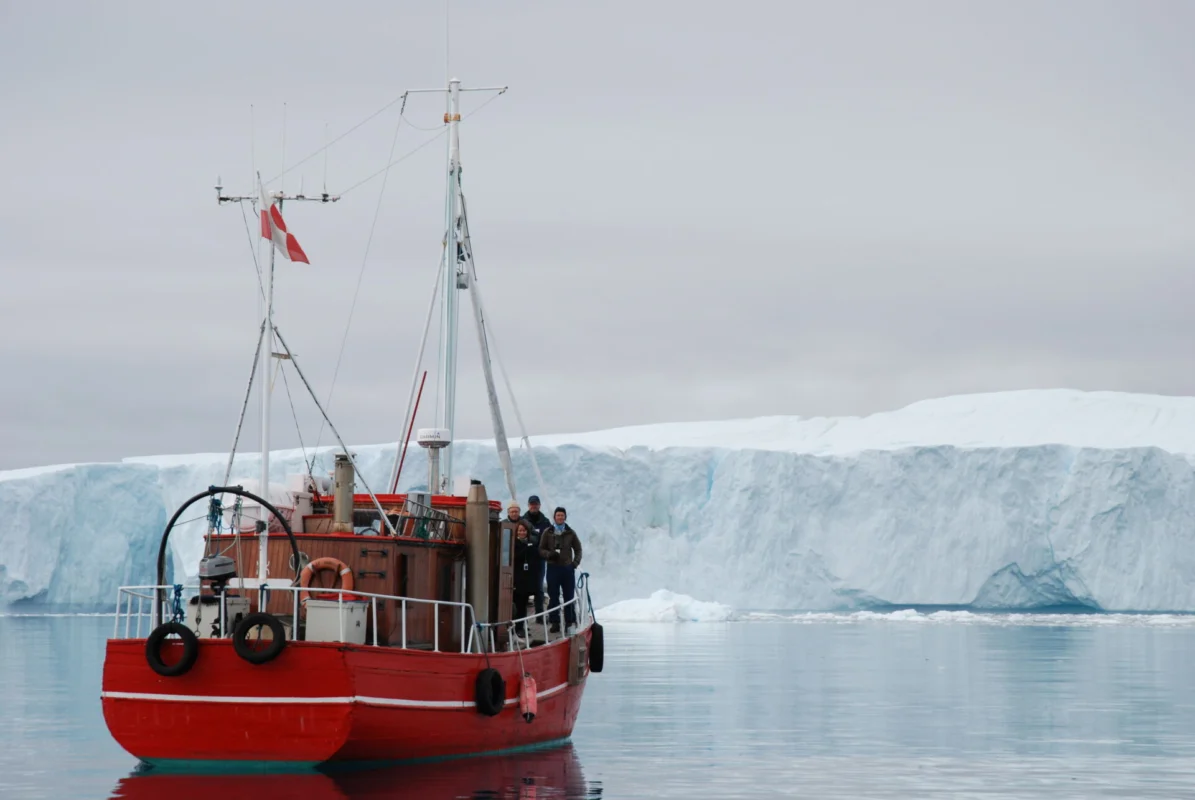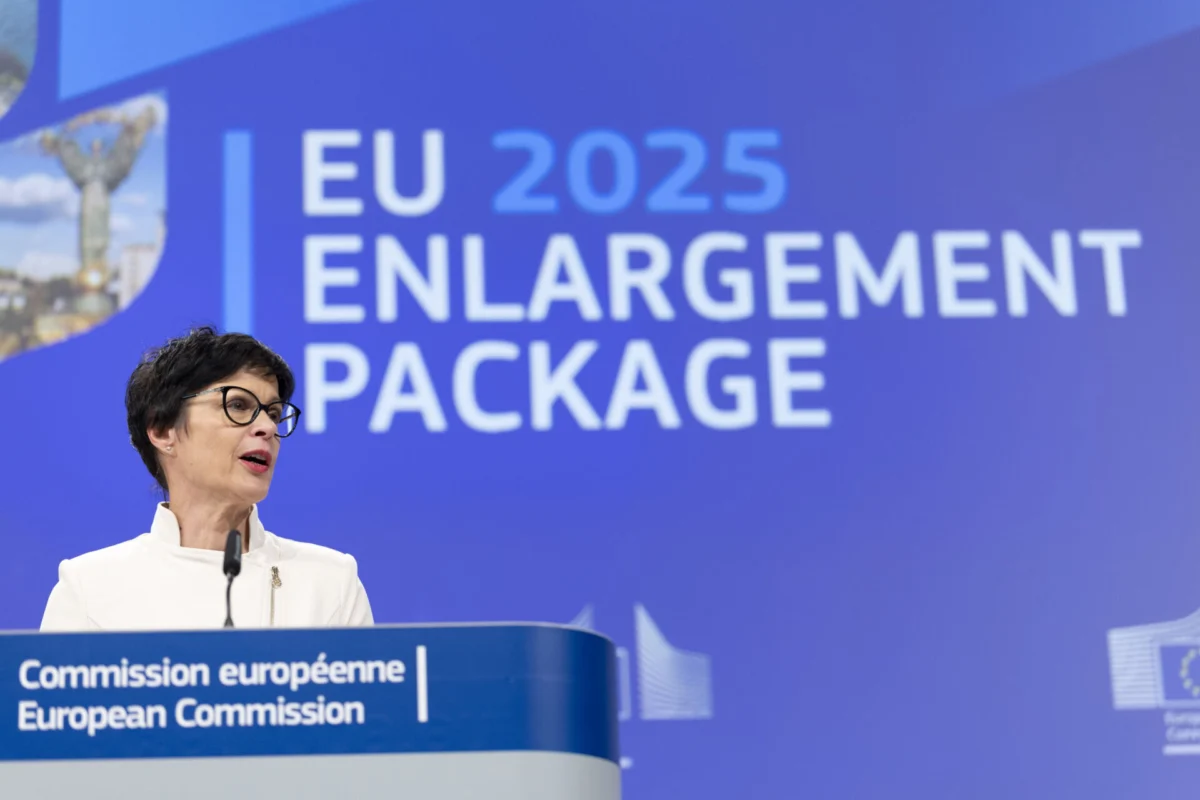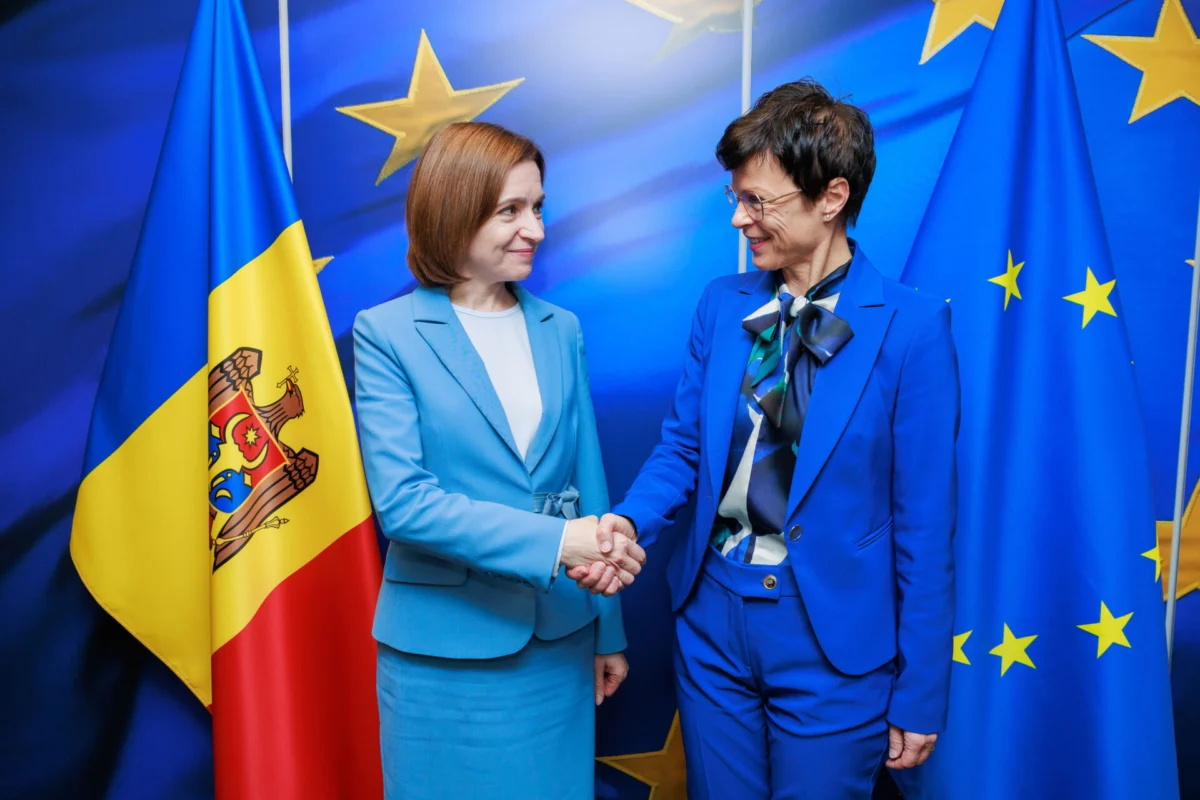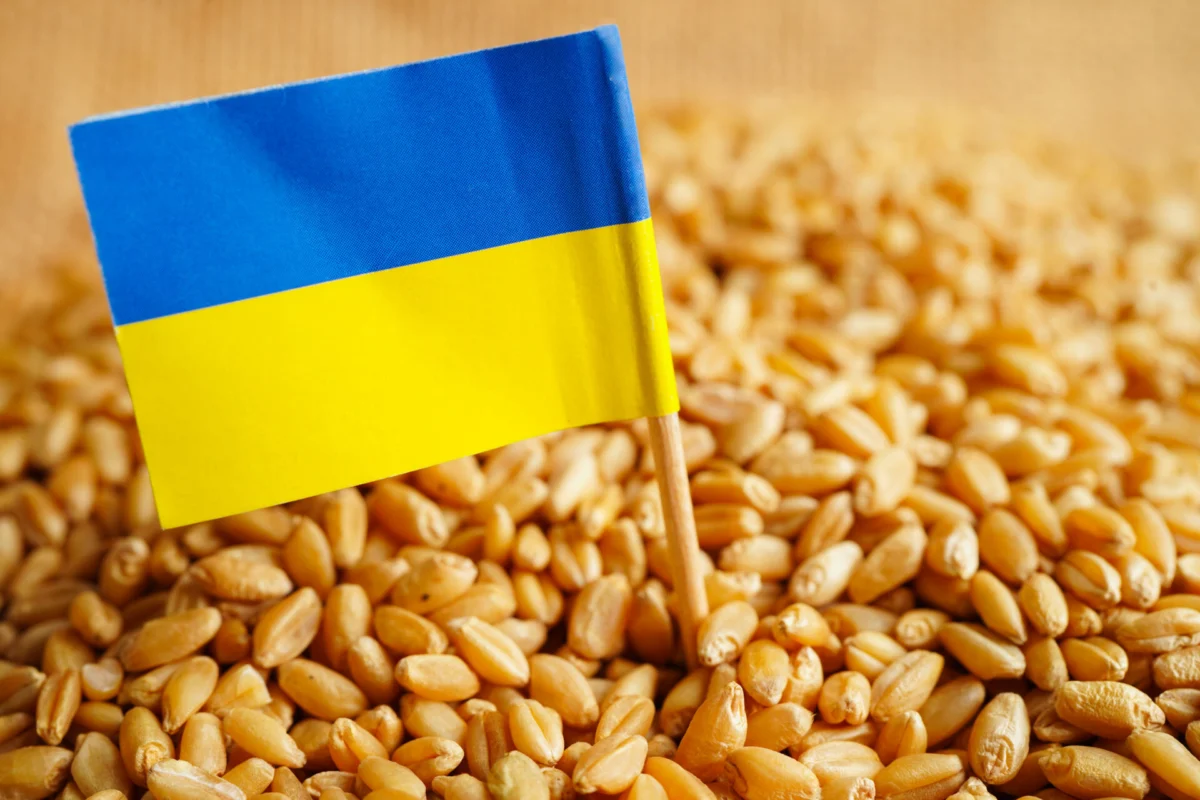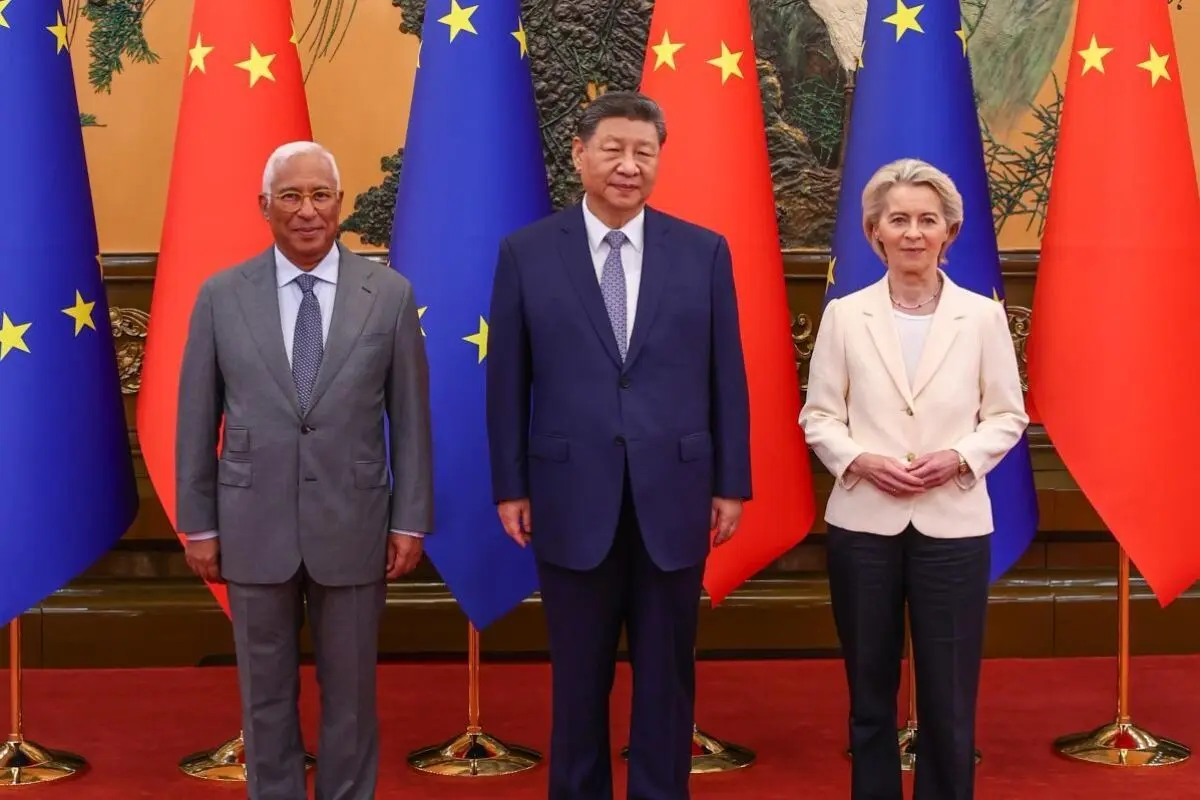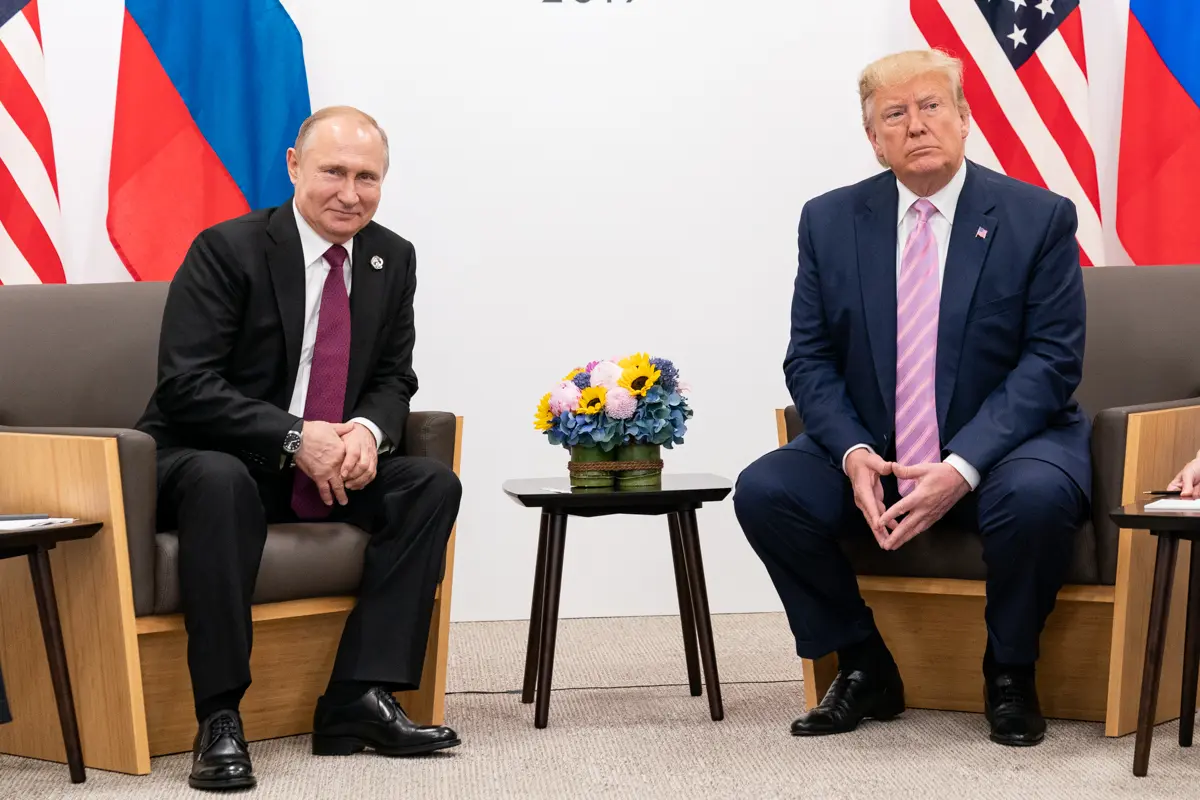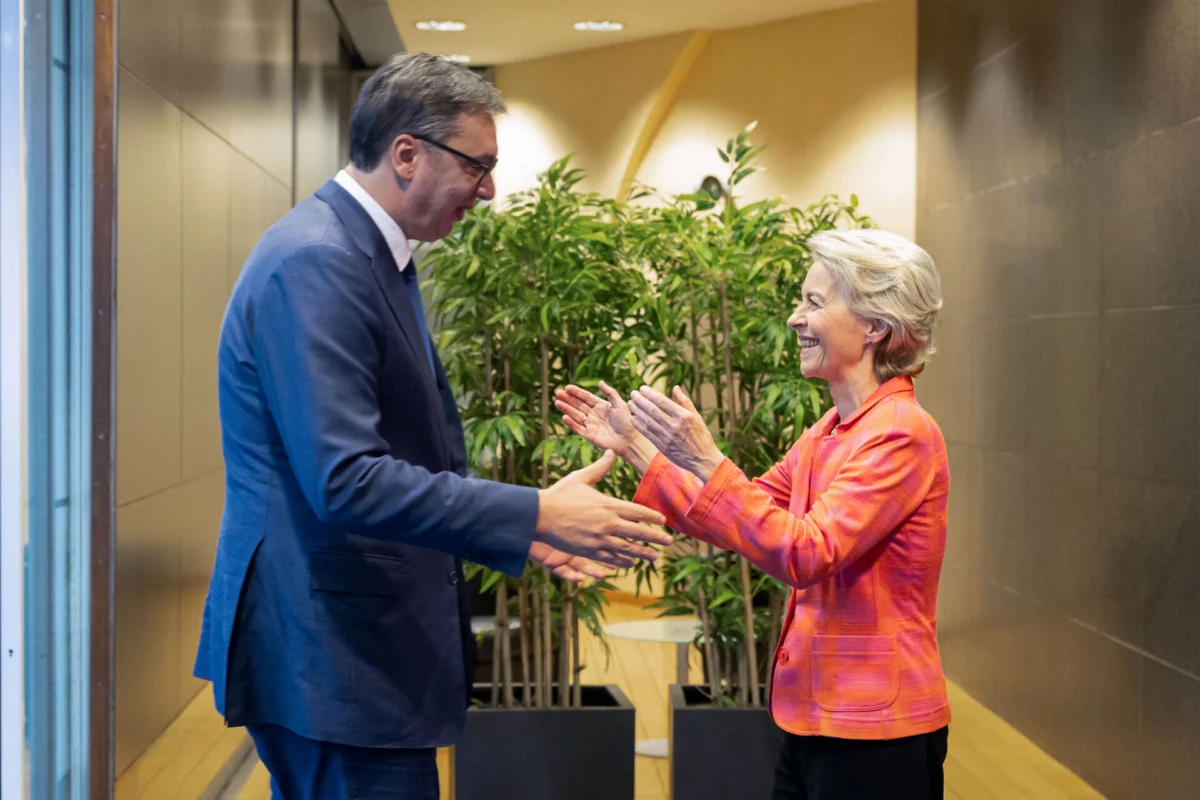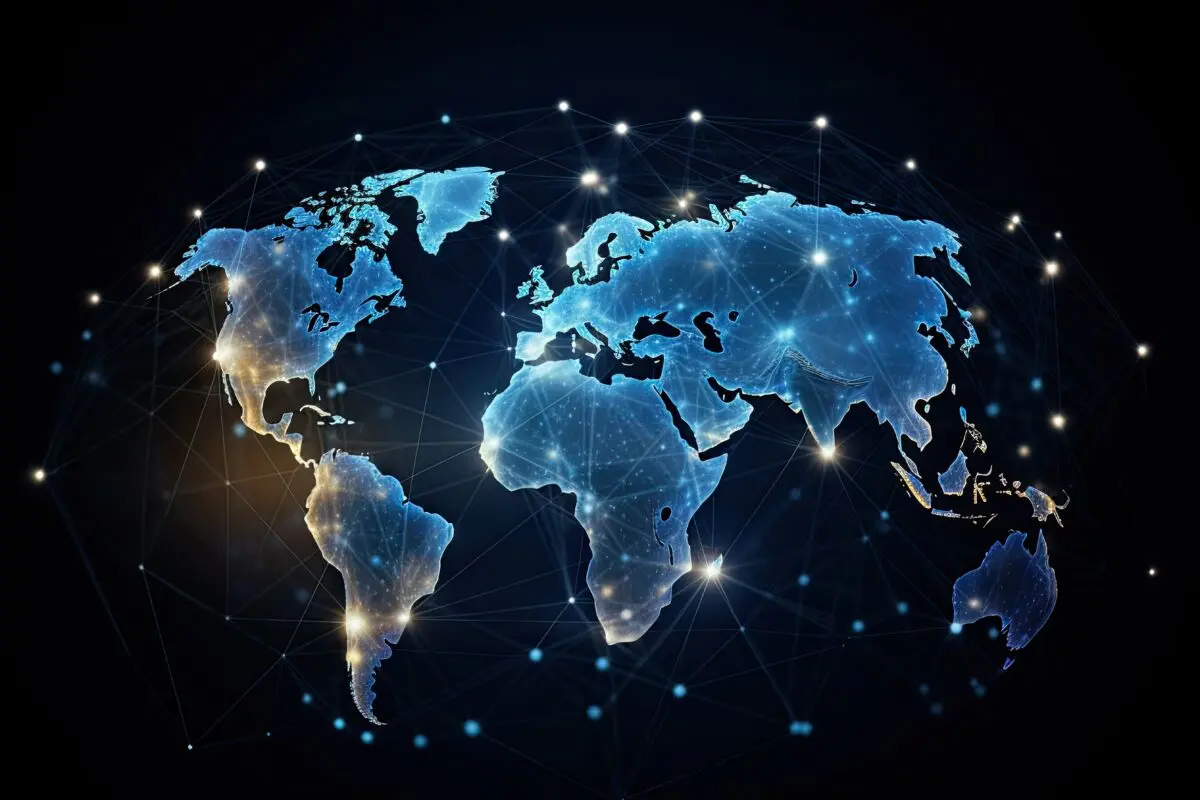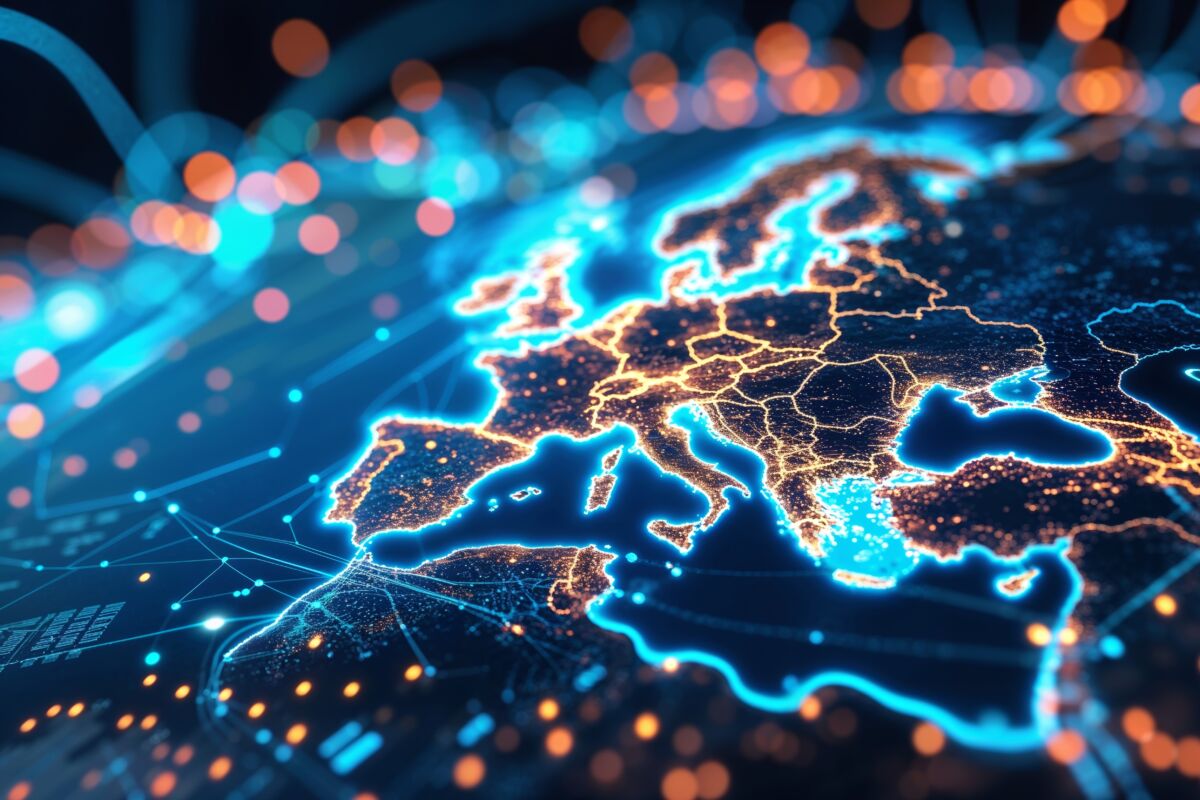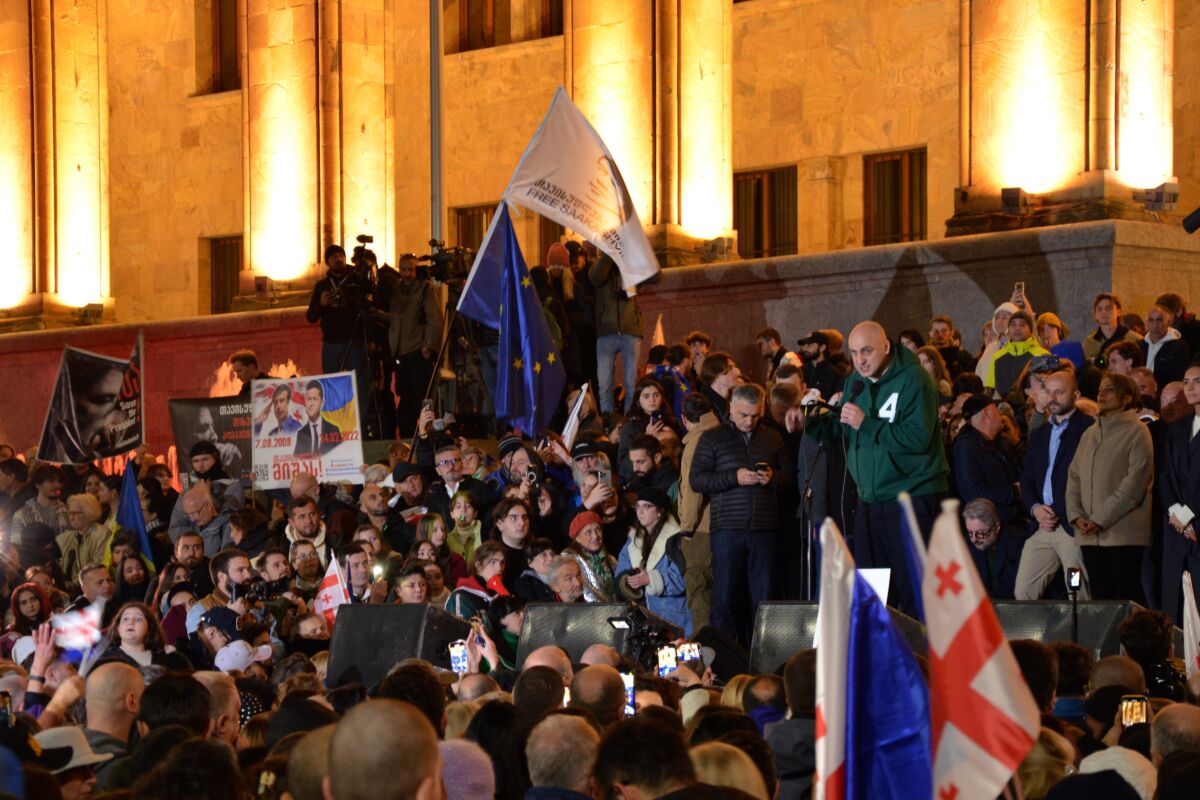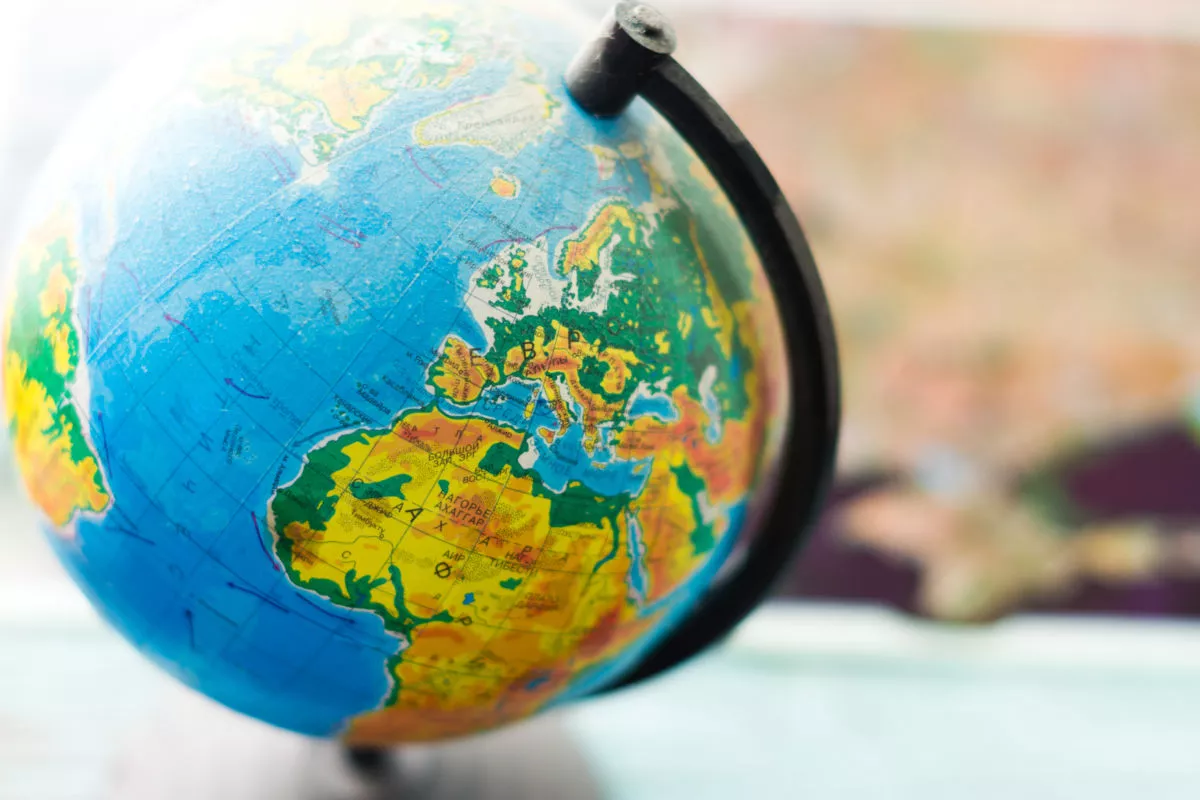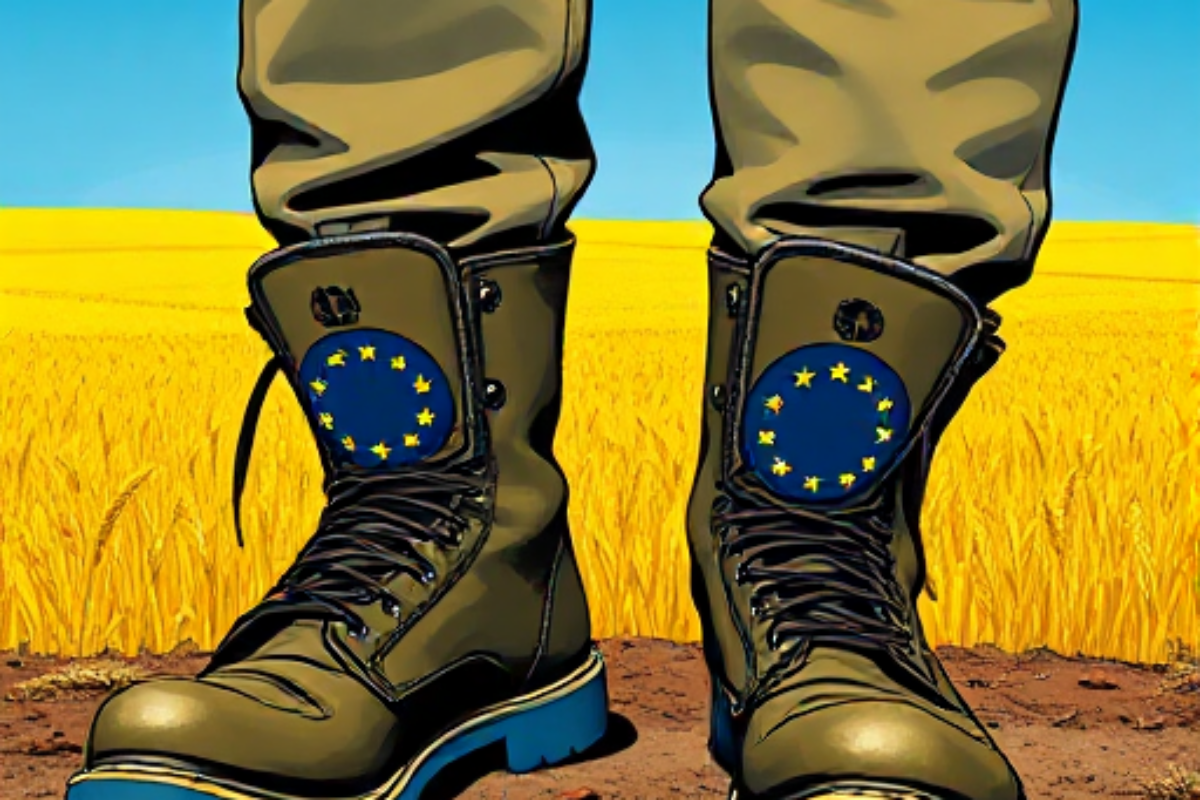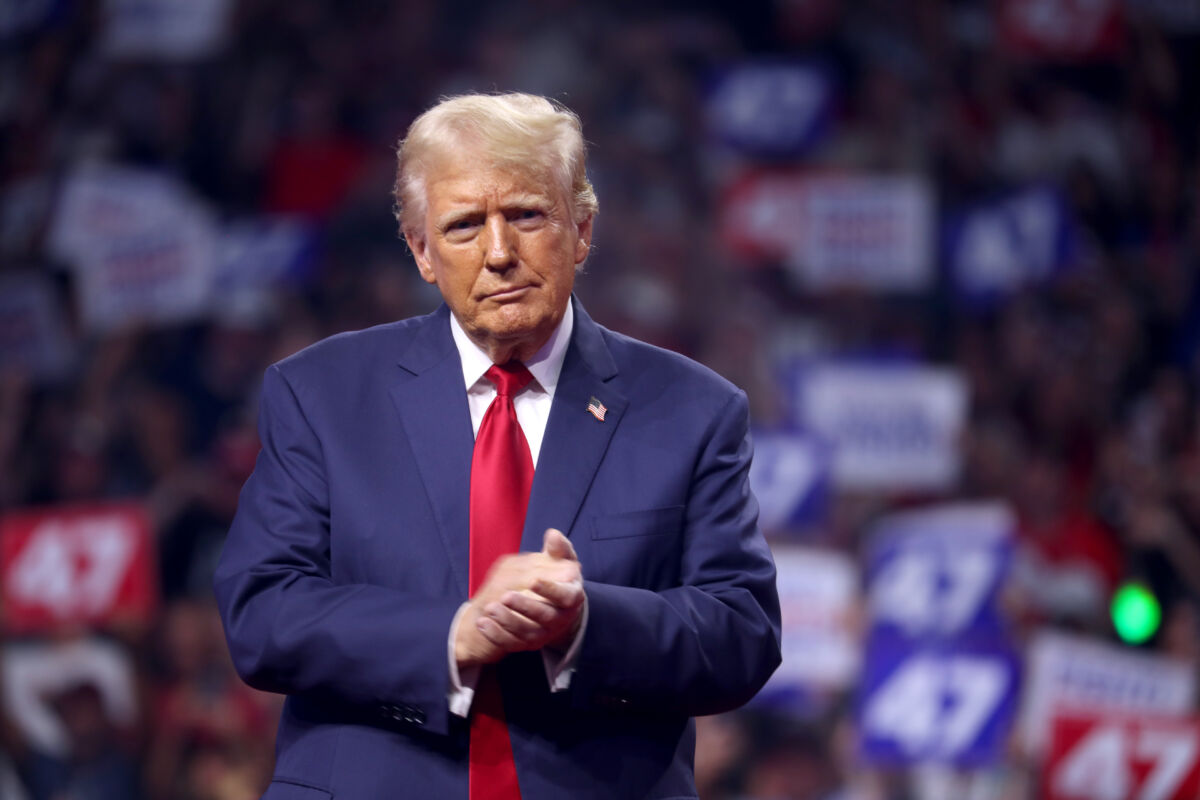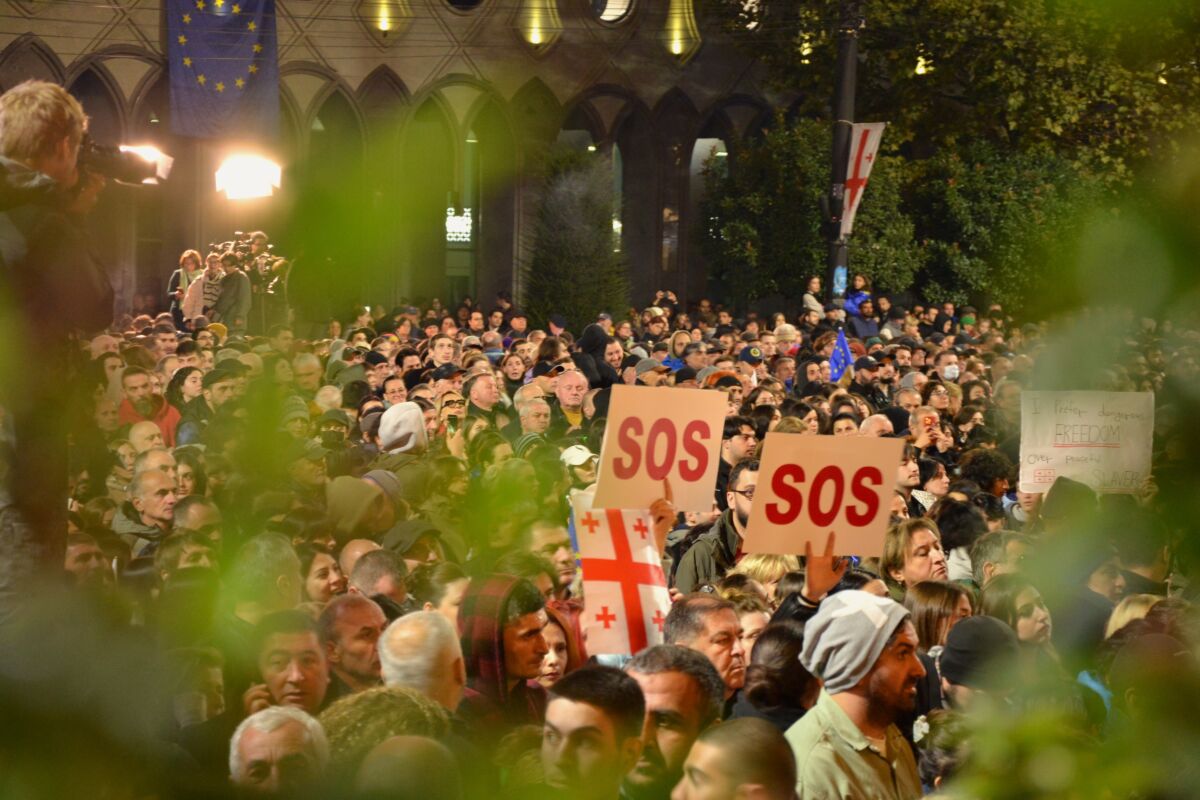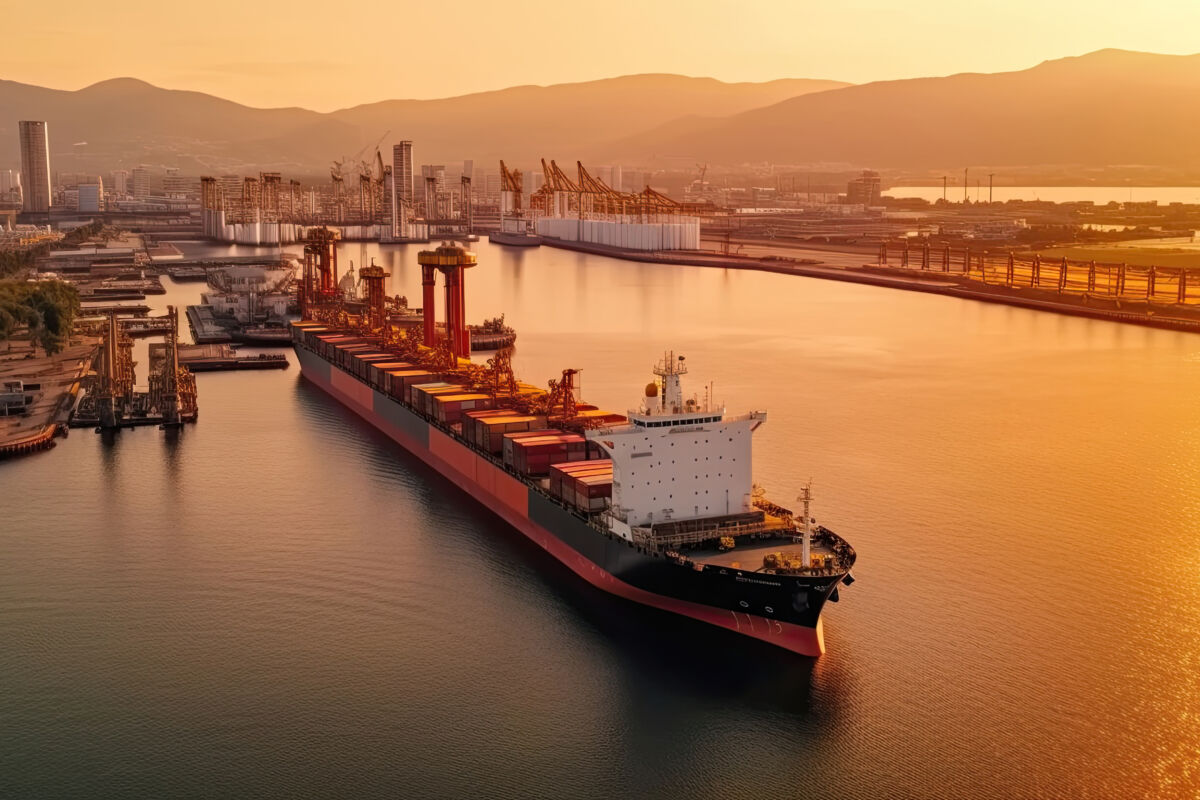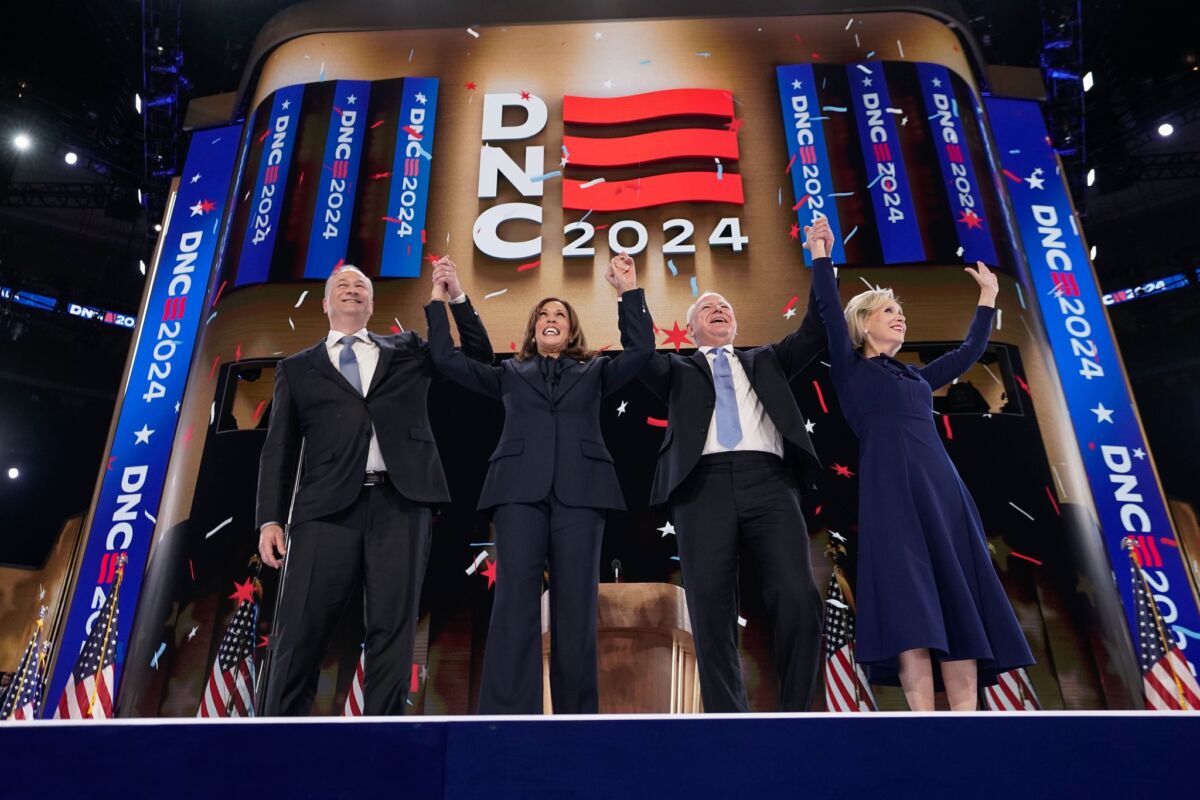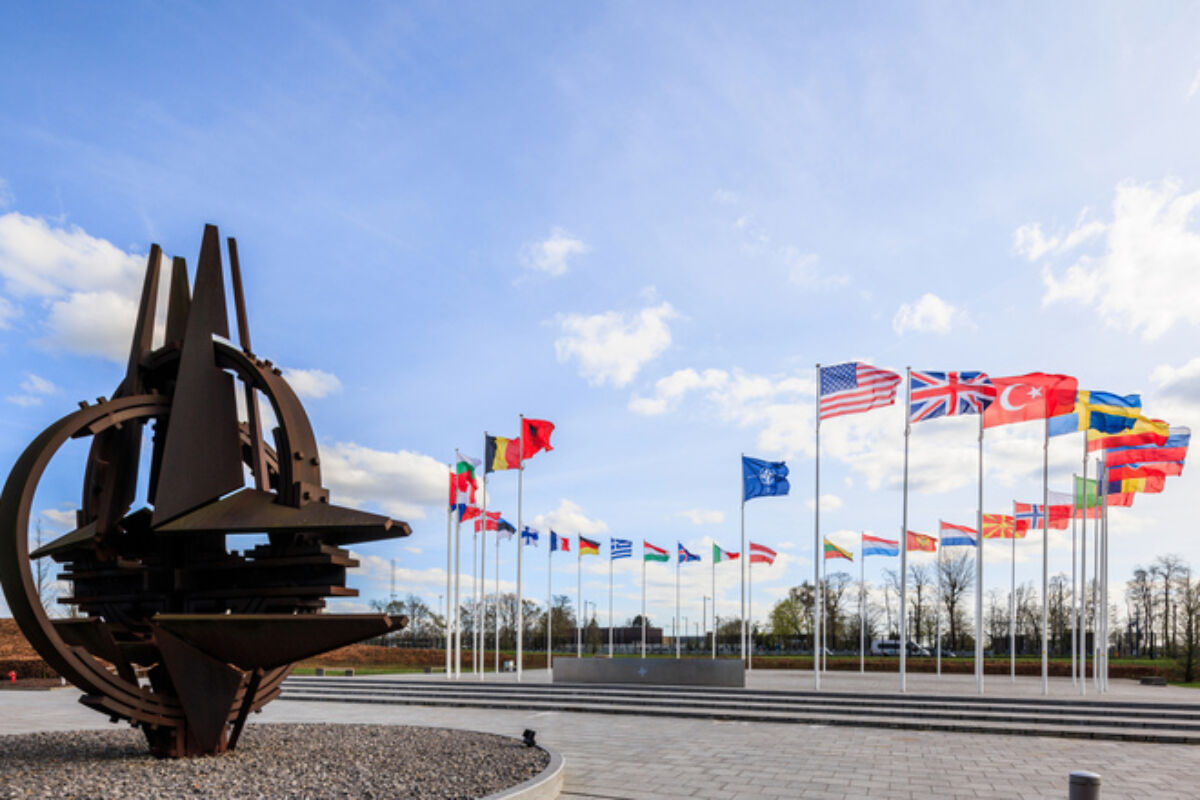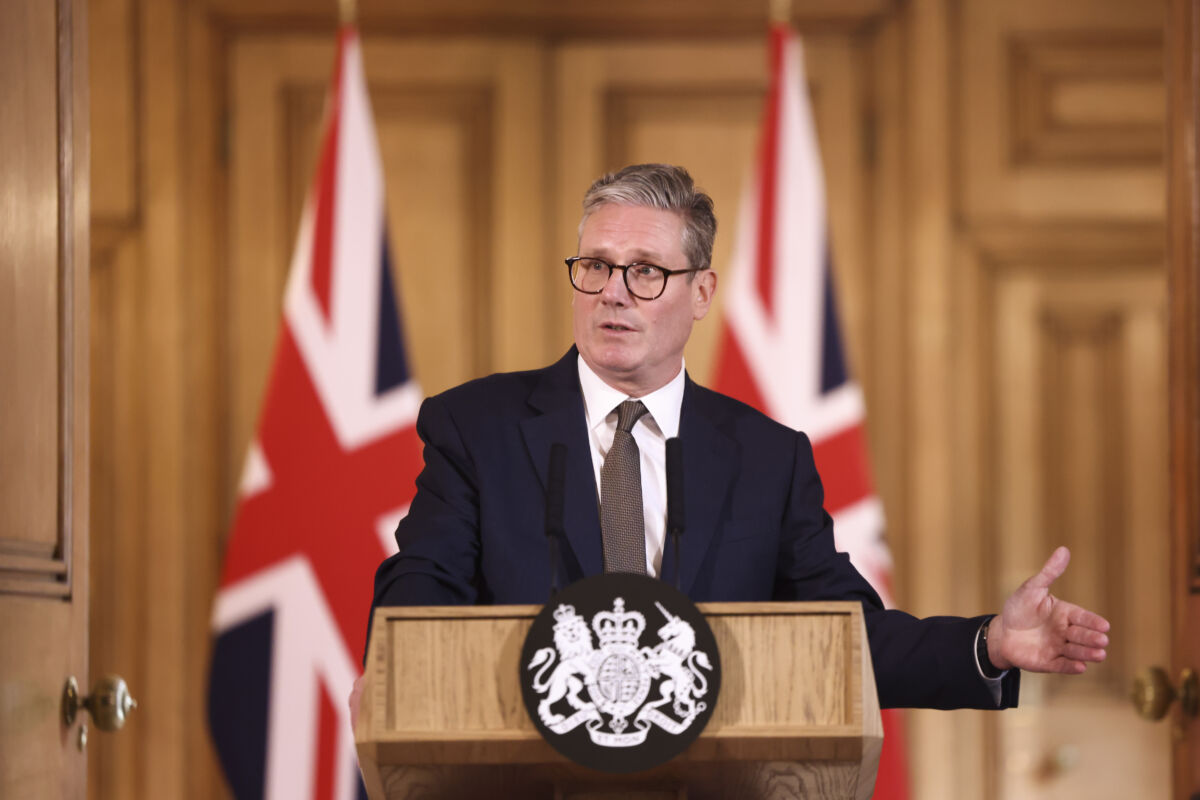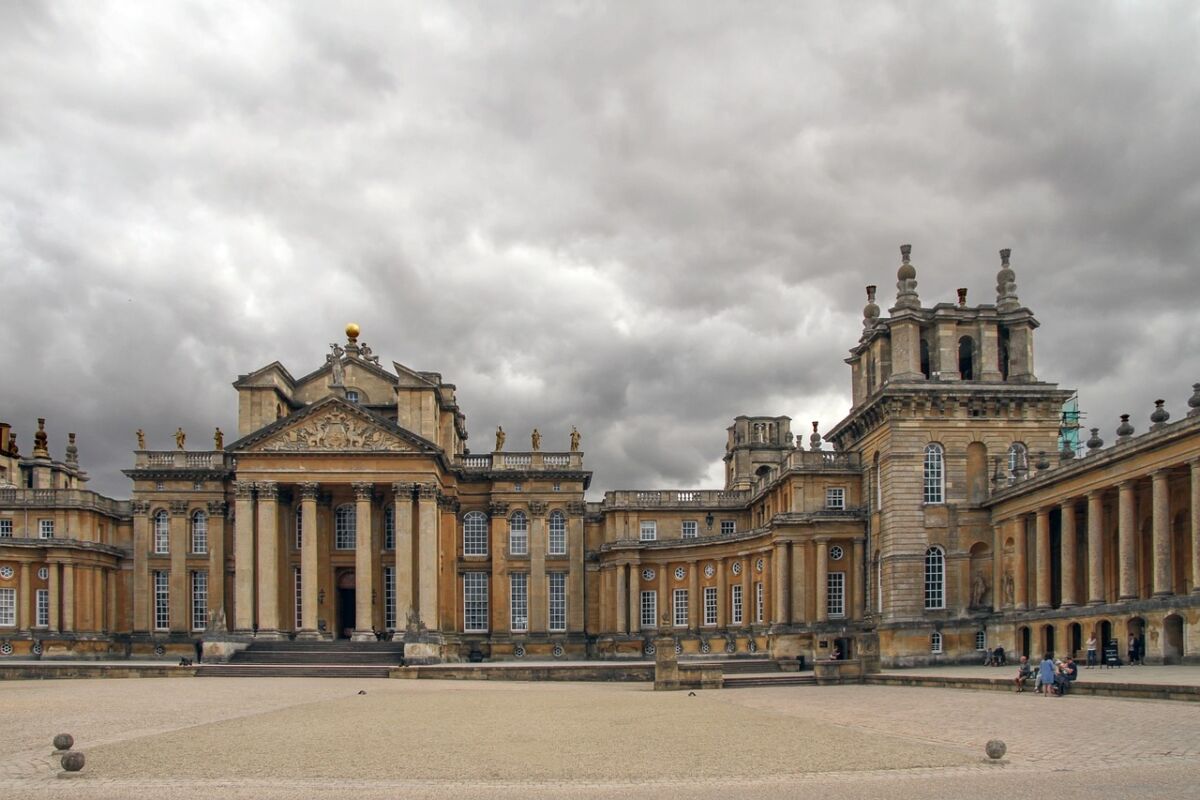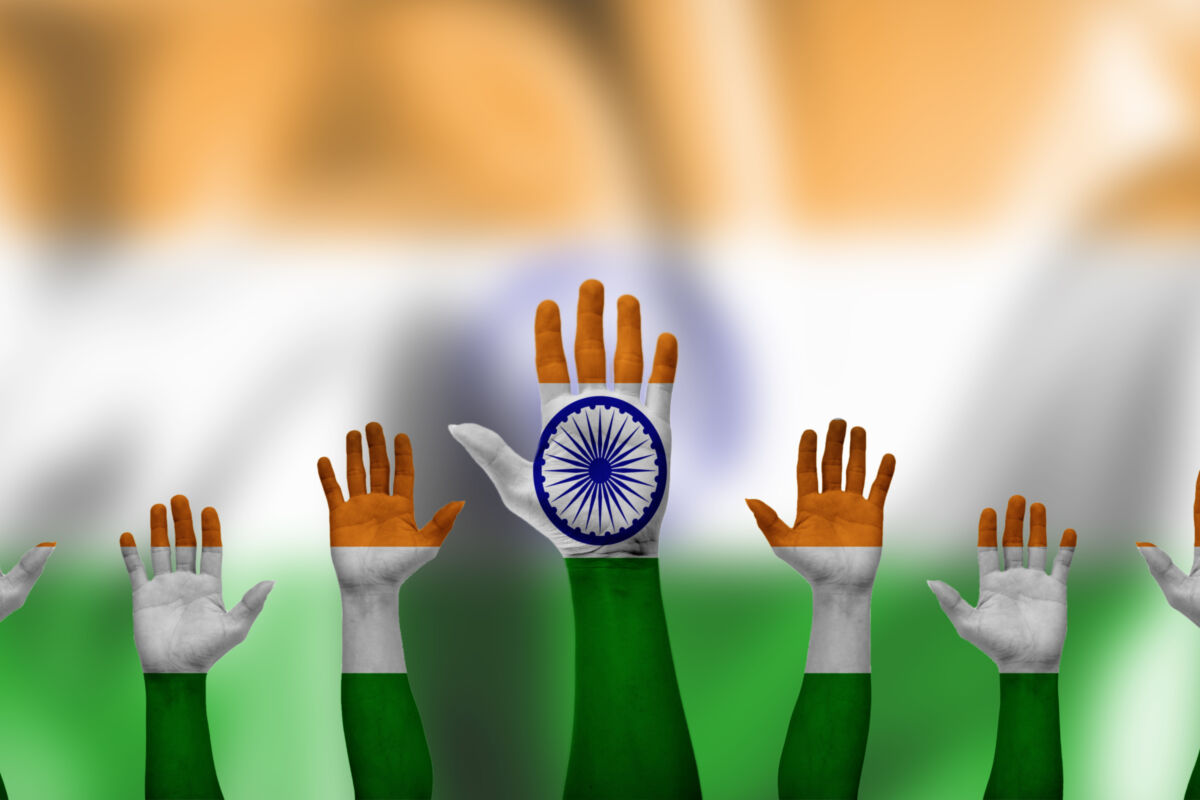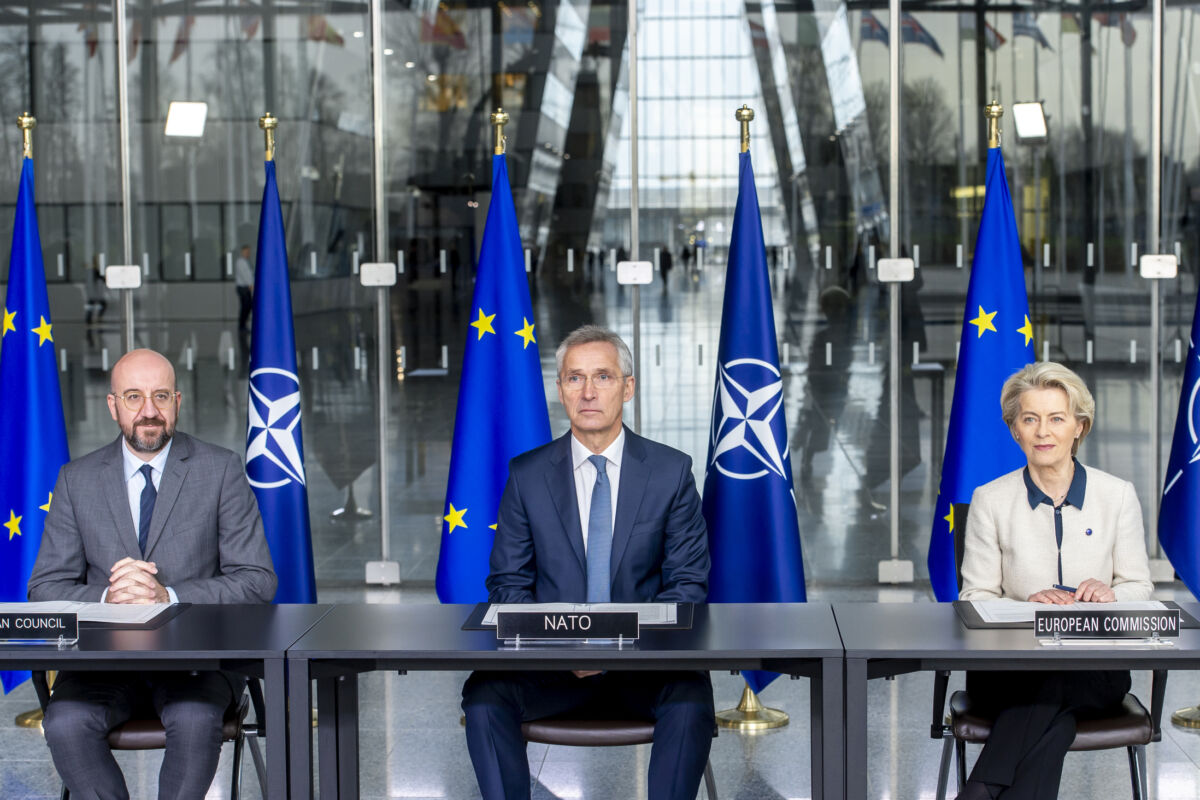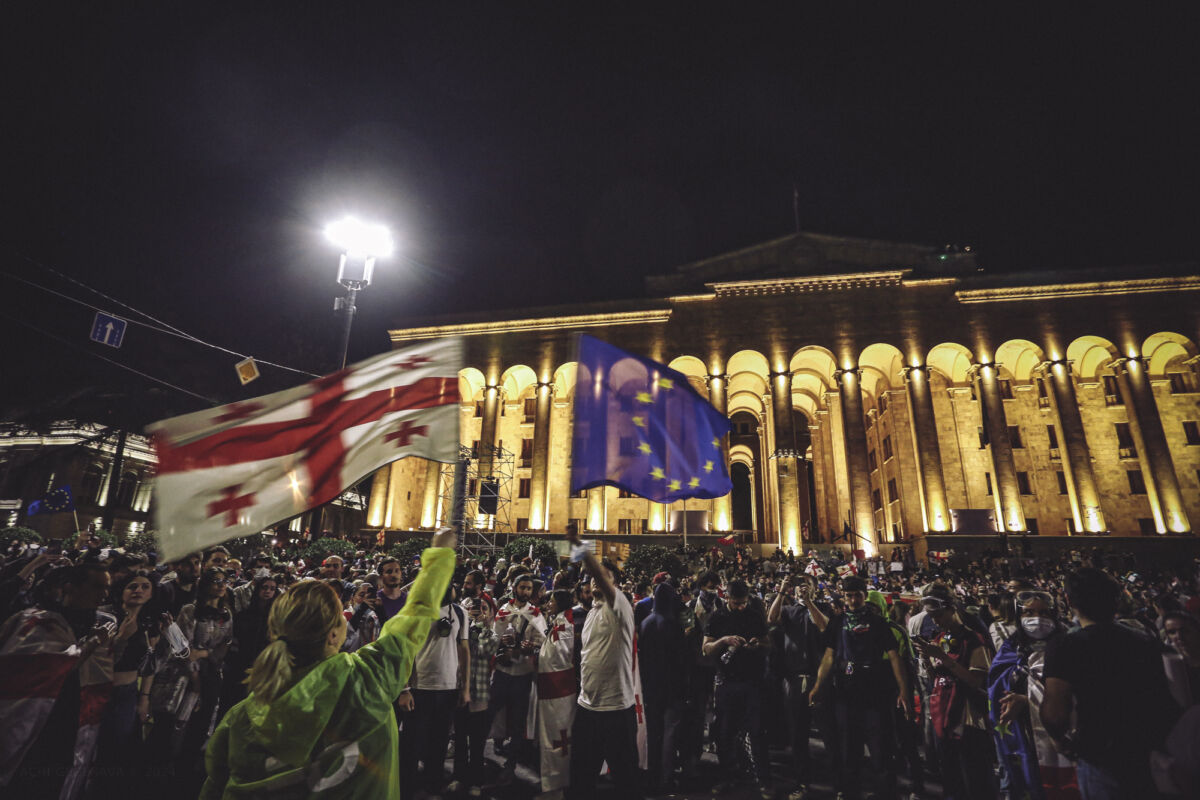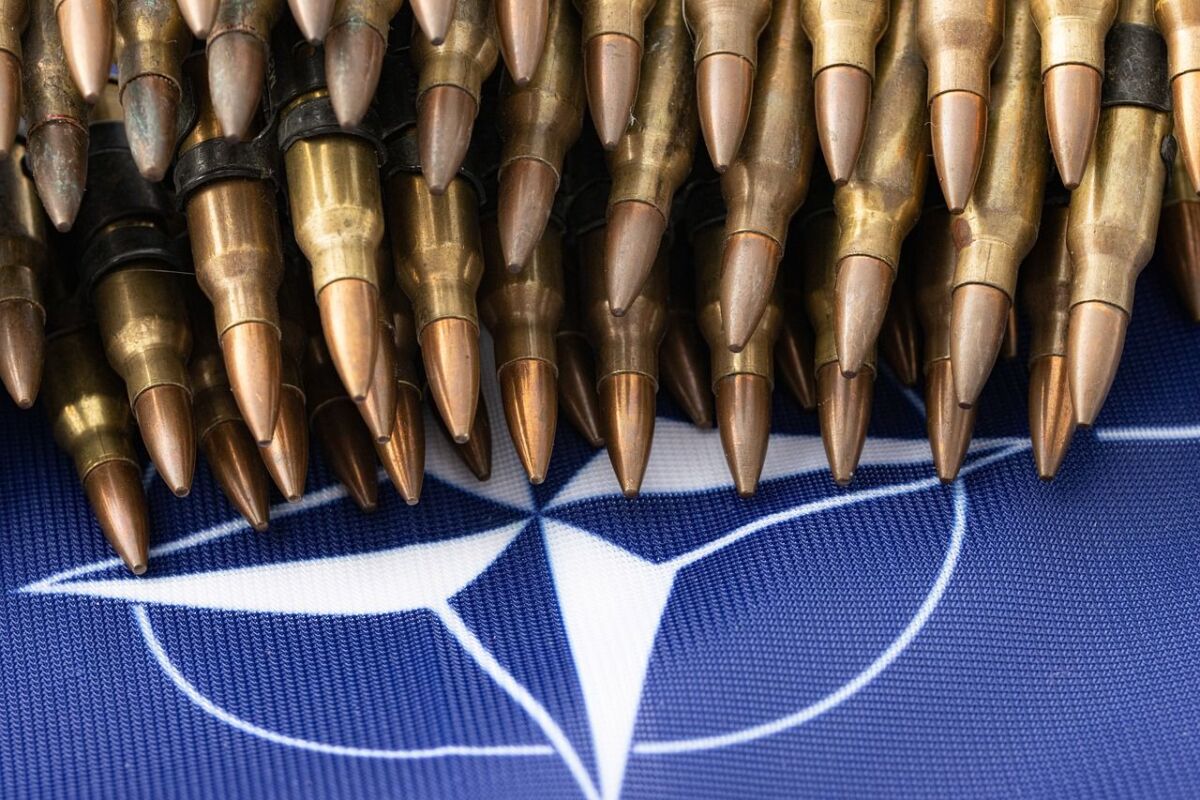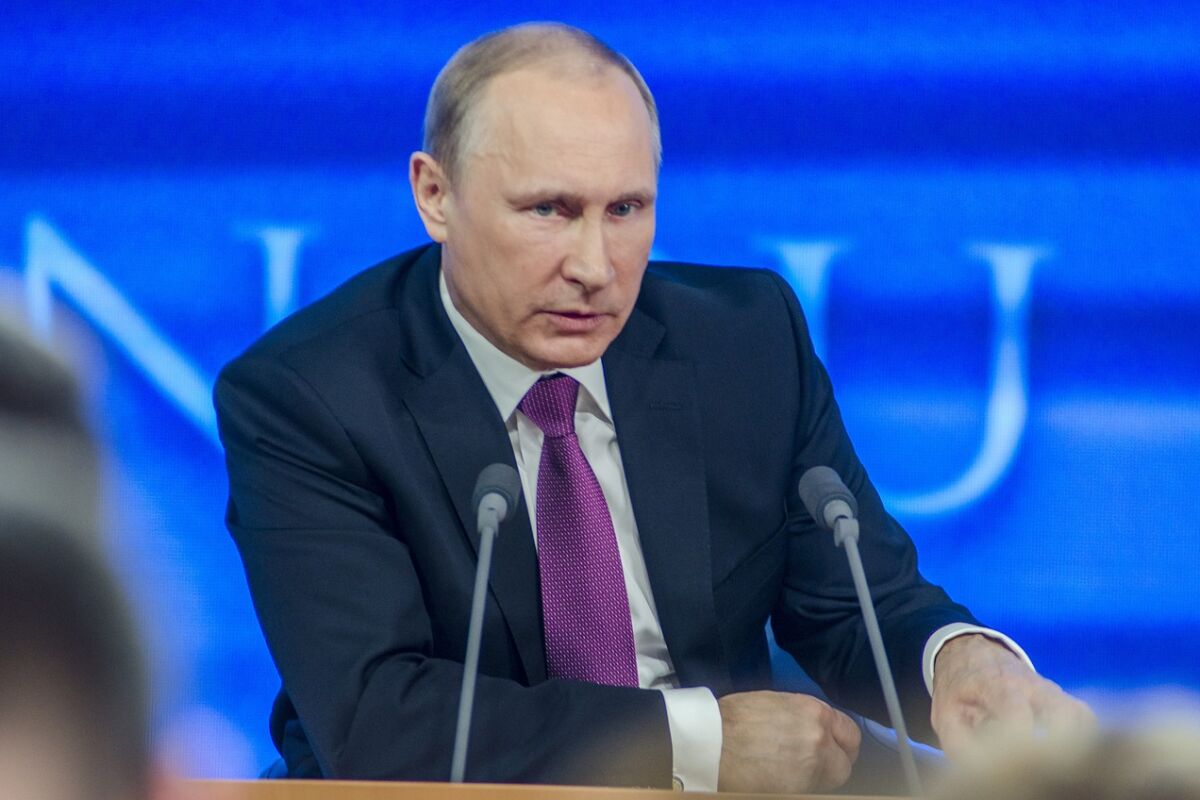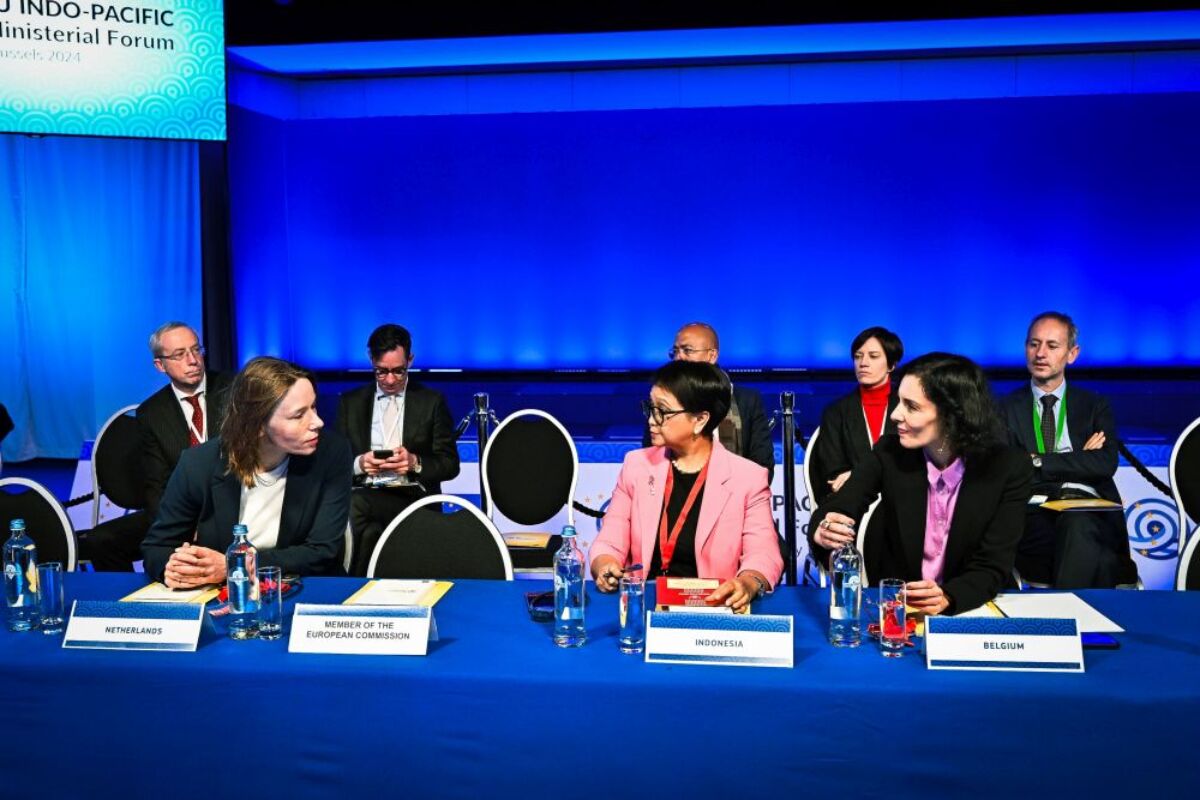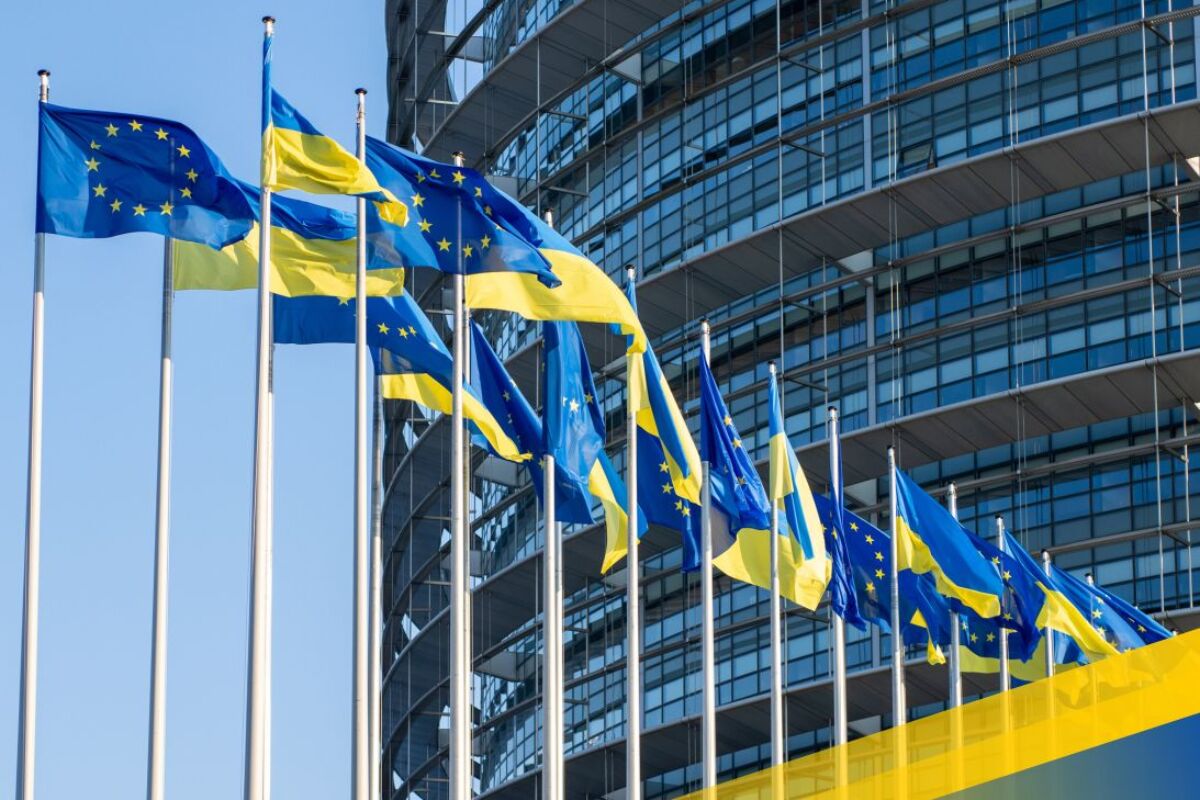South Korea began 2025 in deep political turmoil following the martial law crisis. Despite its gravity, the episode affirmed the country’s democratic resilience. In the early hours of 4 December 2024, the South Korean National Assembly had voted to lift the martial law that President Yoon Suk-yeol had announced the night before. In April 2025, the Constitutional Court formally removed Yoon from office, triggering snap elections.
For the past six months, South Korea has been deeply divided and lacking in strong leadership. On 3 June, the leadership vacuum was filled by the landslide victory of Lee Jae-myung, who took office the next day and pledged to ‘unite the people’.
At first glance, this result could mean continuity for EU-Korea relations. South Korea is expected to remain a key partner in promoting a rules-based international order, from global trade to the Indo-Pacific and beyond. The two strategic partners also have an impressive line-up of bilateral commitments.
But before framing EU-Korea relations in routine terms, it’s worth taking a closer look at today’s South Korea, its new priorities and their practical implications for Brussels and Seoul.
Lee’s vision for South Korea
The country has a multi-party system largely centred around two polarised, mainstream parties: Lee’s liberal, centre-left Democrats (DPK), and the conservative, right-wing People Power Party (PPP). His victory chiefly stems from the alternative he offered to Yoon’s conservatives, who were tainted by the martial law crisis and ensuing chaos.
Lee consistently topped opinion polls leading up to the election. Yet he left nothing to chance, presenting himself as a pragmatist and adopting positions on economic policy that mirrored those of the rival PPP. Once an advocate for government-led economic growth, he focused on deregulation and innovation. His campaign promises included stimulus for local businesses and a public investment plan for AI. Tax credits would be given to domestically-produced semiconductors and corporate governance reformed to improve investor confidence.
Lee also quietly redefined the DPK agenda on two symbolic issues. Pragmatic cooperation with Japan has replaced an earlier stance of lukewarm, cautious ties, in a relationship fraught with historical disputes. Lee also plans to keep nuclear energy in the mix, shifting from previous support for a nuclear phase-out.
An unhoped-for window of opportunity
Wherever election cycles determine the political direction of a government for years to come, its leaders know how little time they have to effect policy change. This is especially true in South Korea, where presidents serve a single five-year term. A precautionary provision in the 1987 revised constitution seeks to prevent the return of military dictatorship.
Yet there are some downsides. Rather than building a long-term legacy, South Korean presidents often want to leave a mark at any cost. Meanwhile, the government is continually constrained by a two-level game of domestic politics and international negotiations. It relies on US security guarantees and must maintain relations with its most powerful neighbours – not to mention North Korea.
Enter the EU, a strategic and like-minded partner that, while also subject to political change and a fragile consensus among Member States, stands out as an island of stability. During the recent unrest in South Korea, the EU’s reliability and consistency have not gone unnoticed. For all of the country’s polarisation, there is cross-party support for closer cooperation with the EU, whose economic and industrial policies reflect shared values. Europe may not have been cited in Lee’s inaugural address – but there’s no need to take it personally.
Now, the political cycles of the EU and South Korea are unexpectedly in sync: Lee’s five-year term should largely overlap with the present European Commission. Barring any new impeachment scandal, Lee should remain in power until 2030.
His party’s majority in the National Assembly should last until the next legislative elections in spring 2028. This gives Lee at least two and a half years to implement his agenda, largely unimpeded. The opposition will need time to reorganise and cleanse its image of the stain of martial law.
The EU should seize this window of opportunity. A president who is pro-investment, pro-market and liberal (though he might distance himself from this label) is a rare gem among democracies in East Asia. South Korea has the capacity and resources to align with the EU on economic security concerns. The country is often underestimated because of its middle power status, but it is a ‘net overachiever in Asia’ with growing diplomatic influence.
EU-Korea relations cannot replace transatlantic relations. Nor will they have more than limited impact on the US-Korea alliance. The point is that we may not have a Democrat in Washington, but we do have one now in Seoul, so the EU should take advantage of it.
A new era in EU-Korea relations?
It’s difficult to overstate how close the EU and South Korea are on paper. They have a wildly successful free-trade agreement, in force since 2011. They have a political framework agreement too, as well as green and digital partnerships with virtually unlimited scope. Recent milestones are the EU-Korea Security and Defence partnership and the inclusion of Korea in Horizon Europe.
It could be cynically observed that misery loves company. The EU and South Korea share similar woes, ranging from Washington to domestic affairs. Korea is struggling with a brewing crisis in its security alliance and trade relations with the US, sluggish growth and worries about economic security.
Sound familiar? In the uncertain geopolitical environment, these challenges have spurred a global race to compete and innovate. Socioeconomic concerns are being sidelined, amid a fraying social contract and demographic troubles.
At the intersection of these shared problems is the clean industrial transition, which is crucial to the race in tech leadership.
That’s why now is the time to double down on EU-Korea clean industrial cooperation. This can be done by raising climate ambitions ahead of November’s COP30. Horizon Europe can be used to propel R&D&I cooperation. It should prioritise joint efforts to promote clean technologies, improve regulatory interoperability and resolve issues over the Carbon Border Adjustment Mechanism – a rare thorn in the partnership.
The EU-Korea partnership is a strategic and like-minded one. With the unexpected gift of aligned political cycles, it’s time to push towards the last mile in EU-Korea relations.
This CEPS Expert Commentary draws insights from the CEPS In-Depth Analysis ‘From partnership to leadership: energising EU-Korea cooperation on the road to net zero’ published on 15 May 2025 and of which the author of this commentary is a co-author.



